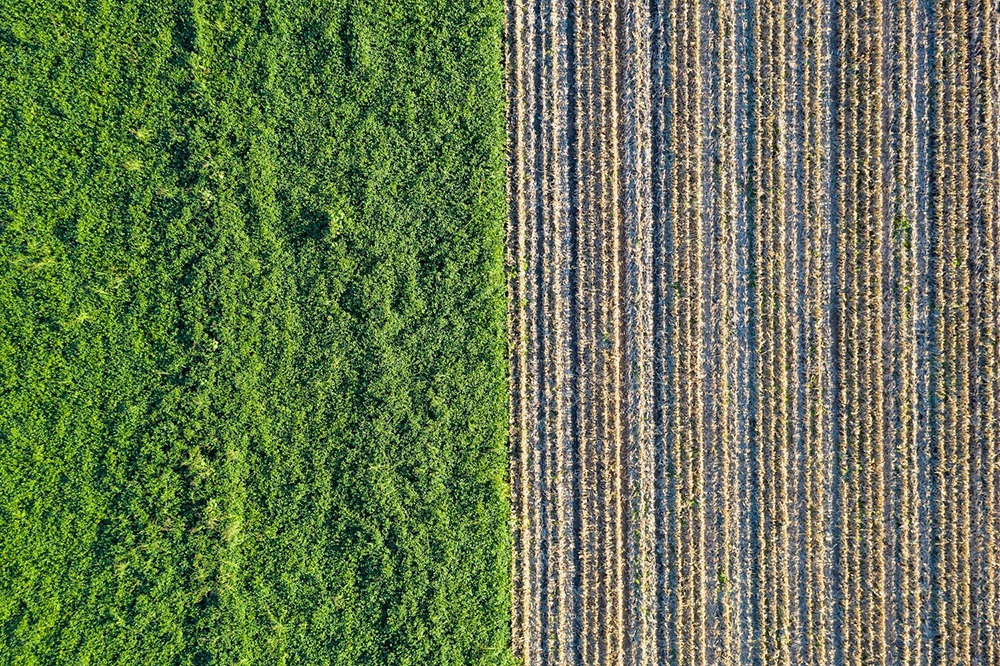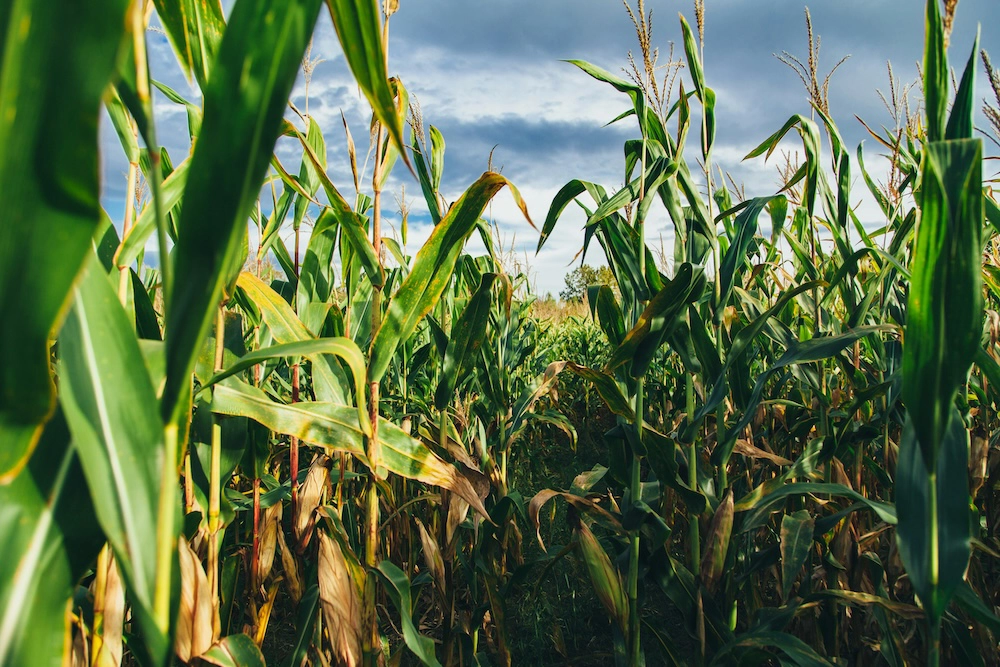
Ability
h01
Industry
h02
Energy
h03
Biomass cogeneration represents much more than a simple technology; it's a silent revolution that transforms what was once a problem into a solution. At our facilities in La Robla, near where coal once fueled boilers, corn remains that were previously burned or left to decompose will now power a plant that simultaneously generates electricity and heat with very high efficiency.
The process is almost magical in its simplicity: we collect agricultural waste, which previously represented a costly and environmental challenge for local farmers, process it into fuel, and through controlled combustion generate steam that drives turbines connected to electric generators. The waste heat, which would be lost in conventional systems, is used for industrial processes and heating, maximizing every unit of energy contained in the biomass.
But what's truly revolutionary about our system goes far beyond simply being carbon neutral. While other cogeneration plants release CO₂ into the atmosphere, at Reolum we capture these flue gases using an advanced treatment system. This captured CO₂, instead of contributing to climate change, becomes the essential raw material for our e-methanol, creating a perfect synergy where nothing goes to waste.
This innovative vision did not go unnoticed. On October 25, 2022, in a historic moment for Reolum, our biomass cogeneration proposal was awarded in the third renewable energy auction convened by the Ministry for Ecological Transition and the Demographic Challenge (MITECO). Reolum was positioned as one of the three main winners, along with Hunosa and Acciona Energía.
This award was not simply a business achievement; it was recognition of a vision that transcends conventional power generation. Our plant will have a capacity of 49.9 MW and an annual electricity production of 370 GWh (enough electricity to, for example, supply homes in the city of Salamanca), significantly contributing to the stability of the electricity system as a "baseload plant" and supporting other, more intermittent renewable energies such as wind and photovoltaic.
The benefits of our biomass cogeneration spread like ripples in a pond, transforming not only the energy landscape but also the economic and social landscape:
EnvironmentEach ton of biomass used means less waste in landfills and fewer emissions from decomposition. Furthermore, by capturing CO₂ from combustion, we turn a potential pollutant into a valuable resource, creating a virtuous cycle where carbon is reused instead of being released into the atmosphere.
Local farmers: What was once a problem—crop residue that had to be disposed of at their own expense—now represents an additional source of income. Every stalk, every leaf, every ear of corn without kernels now has a market value, improving the rural economy and encouraging more sustainable agricultural practices.
La Robla and its region: Our project represents an industrial renaissance. Where coal once defined the landscape and the economy, green innovation now creates new horizons. Every job created, every ton of e-methanol produced, every ton of CO₂ avoided tells a story: that of a community that didn't resign itself to decline, but embraced the future.
What makes our La Robla project unique is the perfect synergy between tradition and innovation. Biomass, one of humanity's oldest energy resources, meets cutting-edge e-methanol technology to create a system where nothing is wasted:
At Reolum, we're not just developing technology; we're writing the next chapter in global energy history. As our first plants take shape, we already envision a future where Spanish e-methanol, produced from the biomass from our fields, supplies Europe and beyond.
This isn't just an industrial project—it's a beacon of hope for regions in transition, a circular economy model where the waste from one process becomes the fuel for the next, and a demonstration that a sustainable future isn't a distant utopia, but a reality we're building today, in the fields and towns of Castilla y León.
Because at Reolum we don't just imagine a different future—we're building it.
